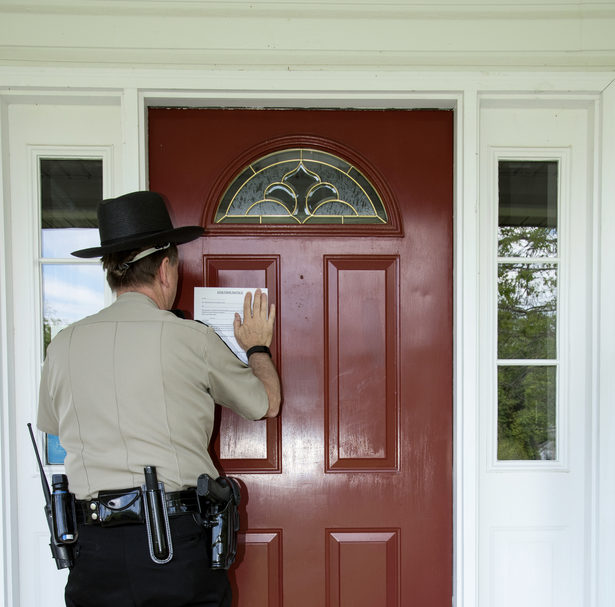Gathering evidence and solving crimes can be a complex process. Therefore, law enforcement agencies often have numerous tools at their disposal. However, in many cases, such tools must be used by procedure and law.
One such mechanism a criminal lawyer urges you to familiarize yourself with is known as a search warrant.
Search Warrant Overview
A search warrant is a legally-binding document authorizing the obtaining authorities to conduct a thorough search of a specific residence or commercial property. Warrants are most commonly associated with drug seizures. However, they may be employed to search for evidence of other high-profile criminal offenses.
The Process Of Obtaining A Search Warrant
In Pennsylvania, gathering a warrant requires the completion of several critical steps.
First, the law enforcement agency in question must petition a court of law using a legal instrument called an affidavit. Contained in this written statement is a plea to the presiding judge explaining the reasons the warrant should be granted.
Police must also demonstrate probable cause. This means the entity in question has enough evidence to rightfully assume a crime is being committed and a warrant will help gather the proof needed to confirm their suspicions.
Moreover, if the evidence in question was provided by a police informant, judges must employ the following criteria to determine if said subject’s testimony is credible, previous reliable testimony, the individual’s story is confirmed by another party, the information given was not offered to suit their interest, and if the alleged perpetrator’s reputation supports the informant’s claims.
The Execution Process
Should a law enforcement agency be granted a warrant, execution is also subject to certain mandates.
First, warrant-possessing police units must knock on the door of your home or business, declare they are the police and show the warrant.
That said, authorities might have the legal right to forcefully enter the construction in question provided you fail to respond after a reasonable amount of time has elapsed, you know the reason the authorities are there before their arrival, obvious safety concerns are present, or police believe you are deliberately eliminating evidence.
Additionally, warrants must be performed between 6 a.m. and 10 p.m. Warrants can be executed outside this timeframe. However, the desiring authorities must clearly demonstrate to a judge why the process should be executed during late evening or early morning hours.
Furthermore, the warrant must be signed and dated by the issuing judge, identify the property in question, name the people and specific property to be searched, and disclose the timeframe within which the search must occur.
Contacting Us
If you were subject to a search that did not meet these criteria, you may have a case against the executing authorities. In such instances, you are urged to consult with a defense attorney in Philadelphia like those employed at our firm the Brennan Law Offices.
To learn more about us, please visit https://www.philadelphiacriminallaw.com/.

